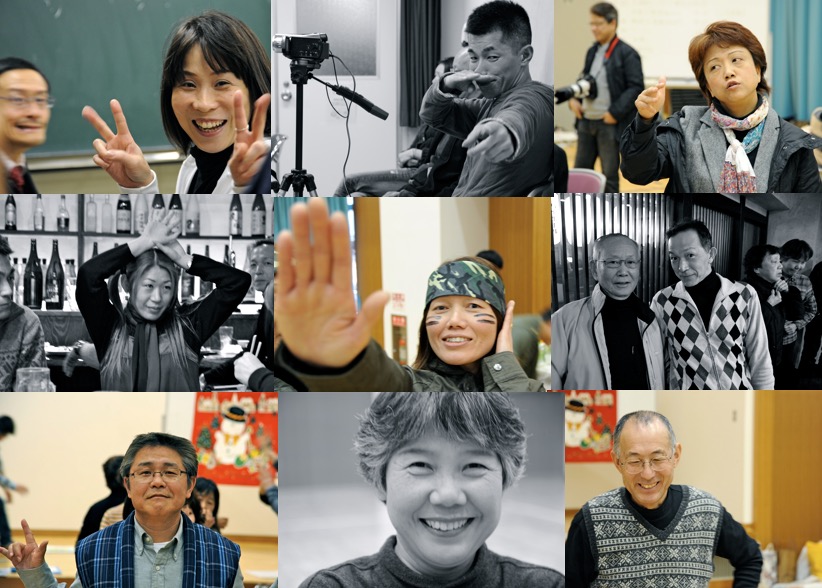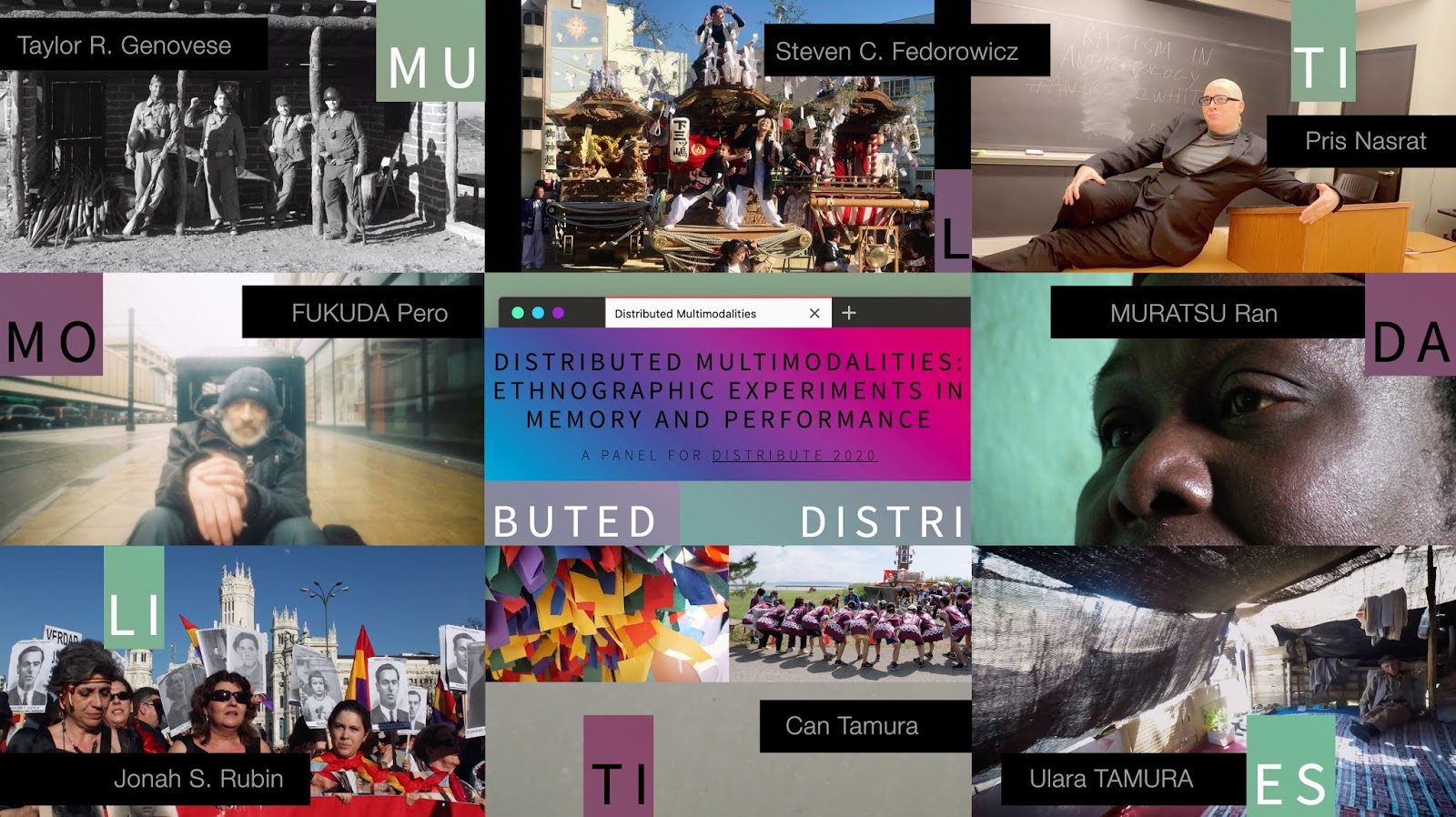(Photo borrowed from http://photoblog.msnbc.msn.com/japan)
It has been fascinating/disturbing to follow the media coverage of the 3.11 events in Japan. Here are some suggestions for related interesting resources to check out.
MSNBC's Photoblog: High quality images of the disasters and the outcomes. Includes some panoramic shots. Continually being updated.
Link: http://photoblog.msnbc.msn.com/japan
Japan Quake Shakes TV: The Media Response to Catastrophe by Philip J Cunningham at Japan Focus: A discussion and description of the Japanese media coverage of the earthquake. Includes several interesting YouTube clips.
Link: http://japanfocus.org/-Philip_J_-Cunningham/3506
JPQuake: Journalist Wall of Shame: Lots of examples of how the foreign/western media has provided "sensationalist, overly speculative, and just plain bad reporting" of the events.
Link: http://jpquake.wikispaces.com/Journalist+Wall+of+Shame
Blog: Colin Tyner, the Labour of Nature, and Island Life: Reports from the disaster areas and discussions of news coverage.
Link: http://colintyner.wordpress.com/
Here is an attempt to record and archive many reports from anthropologists and academics on various listservs. This announcement appeared on H-Japan:
The Reischauer Institute is part of a growing effort to record and archive the communications after, and responses to, the disaster. We are working quickly to set up a data archiving project that will capture and store the numerous forms of electronic communication that occurred in the immediate aftermath as well as the longer term.
As a first step to archiving social media and other possibly ephemeral documents, we have established the email address "_daishinsai-archive@fas.harvard.edu_" which will collect relevant email correspondence (such as reports circulated by people in affected areas of Japan), web links, videos, or digital images. If you would like contribute materials to this archive, please email them to _daishinsai-archive@fas.harvard.edu_, and include as much contextual information as possible (e.g., who created the record, when, where, and so forth).
Due to the high volume of submissions, we cannot respond to these contributions individually.
We will be working to make as much of this information available to the scholarly community, for immediate and longer-term analysis of the disasters and their aftermaths.
As soon as possible, we will be distributing more information about the archiving efforts on which we are embarking. If you know of any other similar efforts, please let us know so that we can coordinate with other organizations, rather than duplicate efforts.
Link: http://h-net.msu.edu/cgi-bin/logbrowse.pl?trx=vx&list=H-Japan&month=1103&week=d&msg=tVL4nqNPNHvTWTQ6kxUZhA
(Subbed) Nuclear Boy うんち・おならで例える原発解説: YouTube clip describing the effects of radiation poisoning to/for (?) children.
Link: http://www.youtube.com/watch?feature=player_embedded&v=5sakN2hSVxA
Please feel free to suggest more resources on these topics via comments to this post.
P.S. As of Friday, 121 international exchange students have left my university to return home, either permanently withdrawing or as a temporary evacuation. However, we remain fine in the Kansai area...























2 comments:
Thanks for the list of links, esp. Japan Quake Shakes TV. In the US academic world much of the focus has been on the sensationalist Western media. There's very little discussion about Japanese politicians or TEPCO officials. What seems to be missing in the media coverage, I haven't seen it yet, is anyone asking "why did so many die due to the tsunami?"
If anything there's an expat backlash of "everything is okay" (we're at a picnic under the cherry blossoms) coupled with stories of how 'well-behaved' the Japanese acted.
Also, is there a focus on Tokyo? It's a geographic reference point, but increasingly most stories about radiation all focus on Tokyo.
Am I too arrogant in my thinking when I say that this relates to some of the points made in my comment last week?
In my class, we also looked at how the tragiv events are being depicted in art, mainly looking at the March 28th issue of the New Yorker
http://www.newyorker.com/magazine/toc/2011/03/28/toc_20110321
Post a Comment